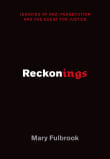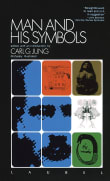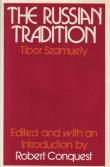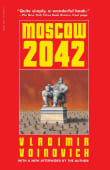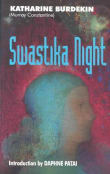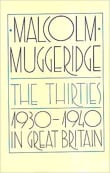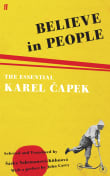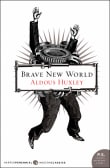The Origins of Totalitarianism
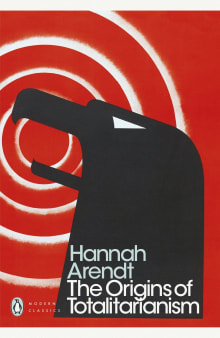
Book description
Hannah Arendt's definitive work on totalitarianism—an essential component of any study of twentieth-century political history.
The Origins of Totalitarianism begins with the rise of anti-Semitism in central and western Europe in the 1800s and continues with an examination of European colonial imperialism from 1884 to the outbreak of World War…
Why read it?
4 authors picked The Origins of Totalitarianism as one of their favorite books. Why do they recommend it?

I recommend Arendt’s book for its guidance in helping readers interpret signs of totalitarianism—a growing concern in today’s civil society. Arendt is a pivotal thinker and an inspiring source of first-hand experience when it comes to fascist regimes.
This is an absolute must-read if we hope to prevent fascism from emerging once again.
From Claas' list on refine your ethical leadership.

Arendt’s three-part masterwork had the same US editor as 1984 and can be read as the non-fiction equivalent. While scholars have subsequently questioned aspects of her grand theory of totalitarianism, much of it holds up. Her commanding, aphoristic prose has made this one of the most widely quoted books of recent years, especially on the subject of power creating its own alternate reality: “In an ever-changing, incomprehensible world the masses had reached the point where they would, at the same time… think that everything was possible and that nothing was true.”
From Dorian's list on totalitarianism not written by George Orwell.

In her classic study of totalitarianism, Arendt describes the contours of the fictitious world that existed in the Soviet Union. Like Nazi Germany, the Soviet Union was engaged not only in a constant fight with invented enemies but with reality itself. The communist system was based on concentric circles of power with the inner circles characterized by their total contempt for reality. As Arendt explains, the object was to create and force people to act out a false version of reality that would conform to Marxist-Leninist ideology. This could only be achieved by force which is why the combination of…
From David's list on understanding the Soviet Union and Post-Soviet Russia.
If you love The Origins of Totalitarianism...

Although the oldest book on this list by quite a margin, Arendt’s Origins of Totalitarianism remains one of most interesting and important books on why the twentieth century became the age of brutal, ideologically driven dictatorships. She discusses how anti-Semitism became such a powerful force in politics, the long-term impact of imperialism, and the mechanics of totalitarian movements.
At a time when “strongmen” are gaining popularity again and liberal democracy appears to be besieged, it is well worth reading her (again). Arendt’s most alarming observation – also relevant for today - is that totalitarian policies and instruments were not specific…
From Robert's list on Nazi leadership.
Want books like The Origins of Totalitarianism?
Our community of 12,000+ authors has personally recommended 100 books like The Origins of Totalitarianism.

